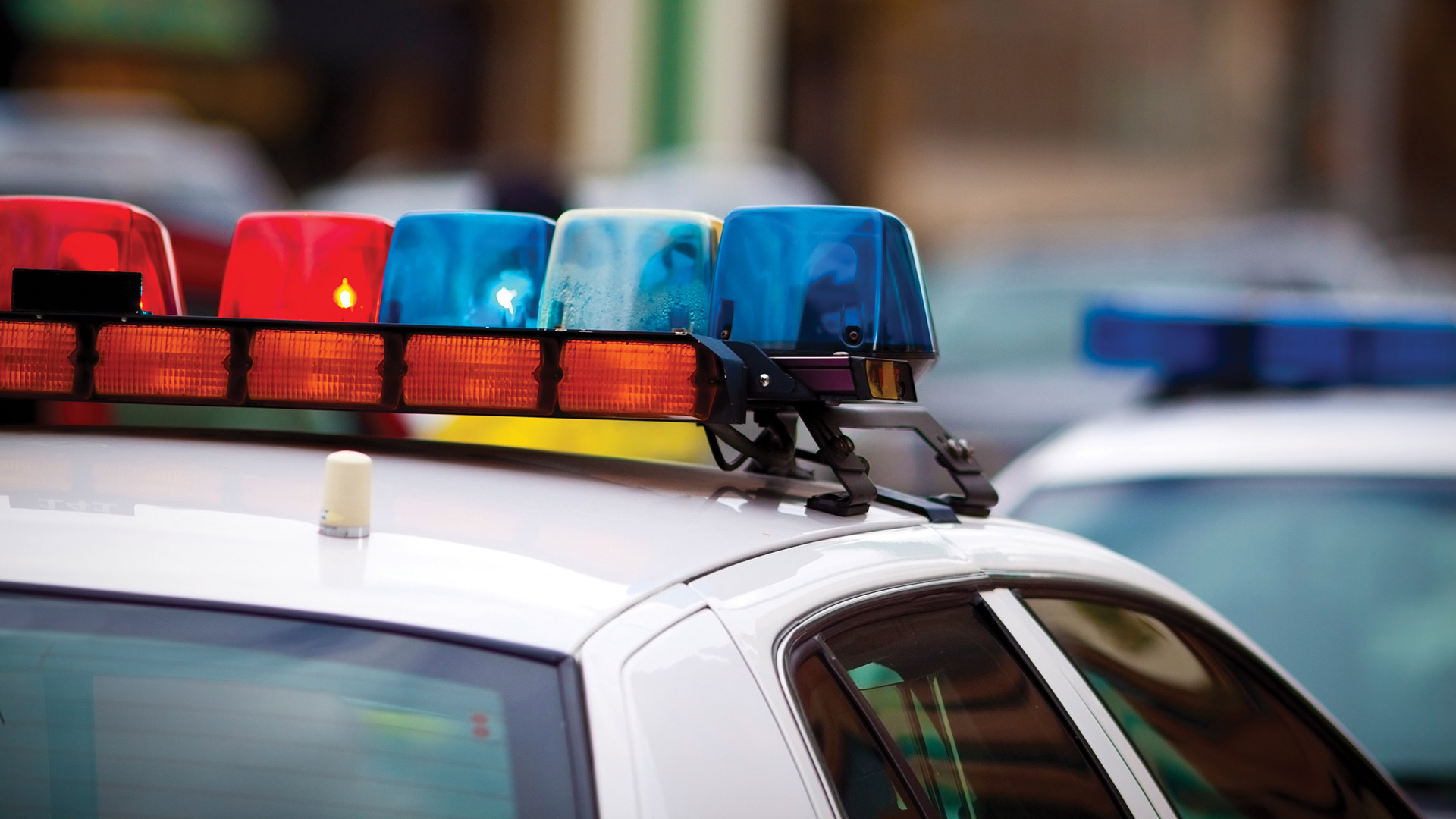
What was once an effective tool to educate citizens and inspire potential recruits has disappeared in most agencies. That’s too bad. We are missing out on a great public relations opportunity that is low on cost but high on impact. Exposing the public to the unique perspective of a law enforcement patrol officer has benefits for everyone. Citizens get a firsthand experience of real life. Instead of the sanitized images on television or the dramatized Hollywood versions, they get a sense of what we really do. Officers get to be ambassadors for our profession, connecting with community members who are not offenders, victims or witnesses.
Some administrators reject the concept of such programs by citing civil liability concerns. These can be addressed by waivers, releases, agreements and common sense. The physical set-up of the patrol car can be another problem if there is no room in the front seat for an observer. Do not have your guest spending the shift in the back seat like a prisoner. The selection of the right patrol officer is critical to success. No one should be forced to babysit a civilian if they lack enthusiasm for the program. It should also not be a supervisor or poster child recruiting model. Any experienced, motivated uniformed patrol officer who does the job daily in a busy sector is the perfect choice to keep it a real experience. The goal is not merely to tour your jurisdiction with a ride in a police car, but to provide some genuine insight and appreciation for policing.
The intensely intimate setting of the front seat of a patrol car is ideal for a memorable educational experience. Start with an orientation. Put the civilian observer in a ballistic vest and an agency baseball cap. Give them a key to the car and handcuffs. Instruct them to only watch and listen, and not to get involved in conversations or take any action unless specifically
told to do so.
Talk about emergency plans for worst-case scenarios. Show them how to use the radio and point out the location of the first-aid kit, extra ammo and the shotgun/rifle lock release. Let them talk to dispatch on the radio just to enhance the thrill for them. Make sure everyone on the shift is aware that you have a civilian observer riding along.
Arrange to be assigned to multiple backup calls rather than being the primary officer on a long report case. A wide variety of calls is beneficial for experiencing the resilience needed to handle the fast pace and ever-changing demands of the job. Debrief after each call. Share your thought process from first contact, safety issues, knowledge of history, prior contacts, criminal matters, services, referrals, emotional support, empathy, wrap-up and documenting.
Find a good reason to run with lights and siren, even briefly. If you don’t make an arrest, offer to transport for another unit so you can take them to jail to see booking. Even when driving, think out loud. Talk about what you notice. Give driving safety tips. Describe what catches your attention and motivates you to investigate further as a trained observer on patrol, reading the street.
If calls are slow, make some traffic stops. Explain that safety is the mission, not revenue enhancement. Writing tickets should never be the goal of law enforcement, yet that is the perception of many. Talk openly about what you like and don’t like and how helping people is what motivates you.
Tell some war stories that illustrate the compassion we have for victims, the frustration of dealing with repeat offenders, mental illness, substance abuse and failures of the criminal justice system. In short, humanize the job for them by being an honest representative of street cops everywhere.
I once took a new city attorney, who would be representing the police department in civil matters, out on night shift patrol. I advised dispatch to send us anywhere that would make the most of his time. I introduced him to one of my informants who was a working crack whore. He had a sheltered life and had never met a prostitute. She shocked him with her candid talk of street life and her values. Most memorable for him was a mini riot in the projects where we backed up another unit making an arrest. I had him stay safely in the car as I helped cuff and stuff the resisting offender into the patrol car in front of us while the indigent residents threw rocks, bottles and insults at us. He was terrified and expressed a fear he had never known before. This experience gave him a new appreciation of police work, making him better at his job. It also gave him stories I heard him retelling years later. All judges, lawyers, professors and community leaders who claim wisdom on the role of the police would benefit from such a taste of our reality!
When the shift is over, give them a souvenir — used crime scene tape, the handcuff key, a challenge coin, a patch, a hat, etc. Thank them for being involved in their community and having enough interest to take the time to learn firsthand what it’s like to do this work. Encourage them to follow up with questions and stay in touch. You are their liaison to your agency, and they are another contact in the community.
Remember, even if these citizens have no interest in policing as a career, they vote, share opinions with friends and family, and serve on juries. Direct knowledge of the reality of how we protect and serve is a good thing.
Take care of yourself and stay safe.
As seen in the December 2024 issue of American Police Beat magazine.
Don’t miss out on another issue today! Click below:





